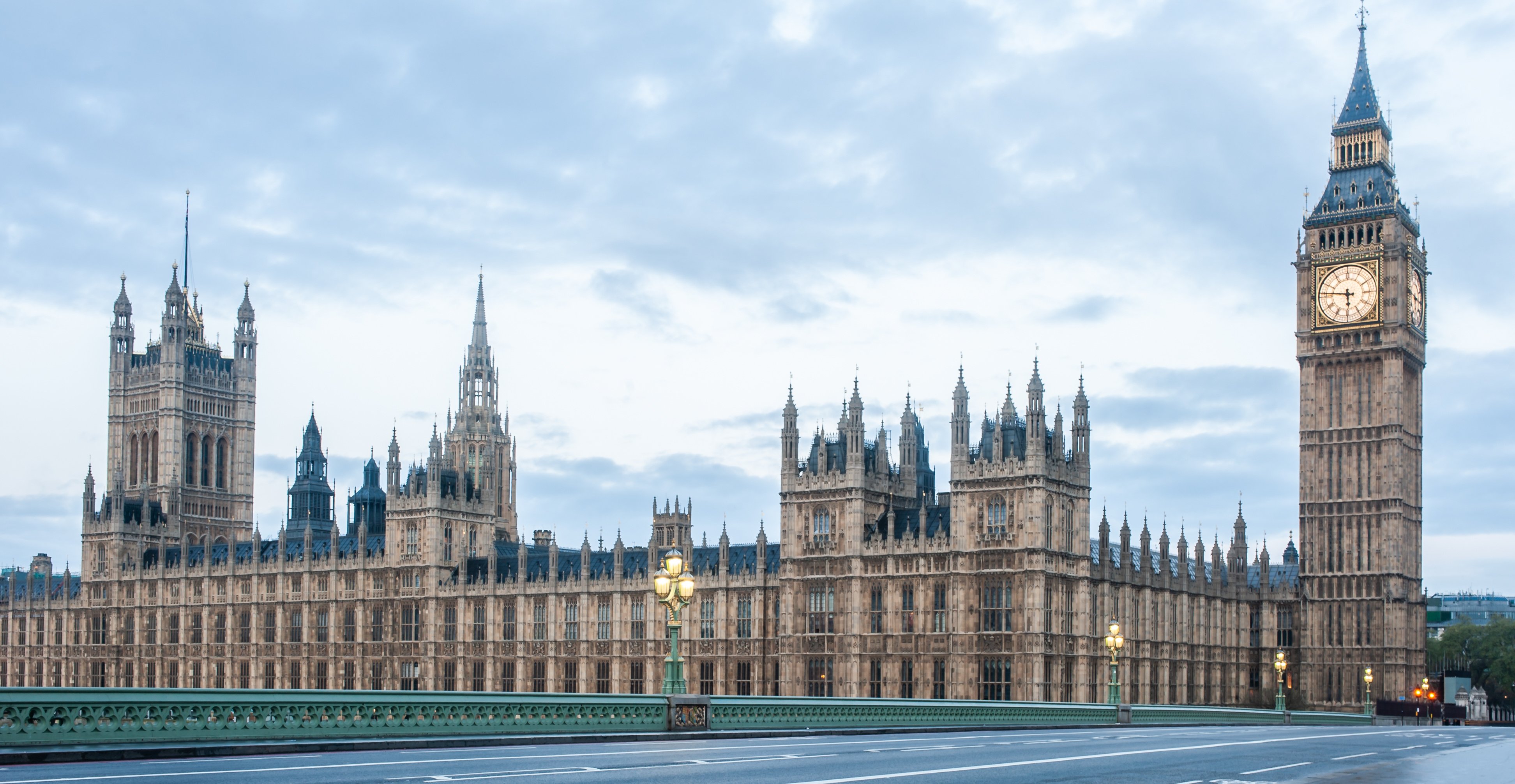In this blog, we analyse the Labour government's planned reforms to the UK's data protection and cyber security frameworks.
Recent Posts
What next for cyber security and data protection regulation in the UK?
Written by Matthew Niblett on 16 Aug 2024
What did the 2019-24 Parliament do for the tech sector?
Written by Matthew Niblett on 30 May 2024
In advance of the General Election on 4 July, Parliament has been formally dissolved. This Parliament, constituted following Boris Johnson’s landslide election victory in December 2019, has passed several pieces of important tech legislation, though some others have fallen by the wayside in the rush to finish business before dissolution. In this blog, we examine what the 2019-24 Parliament, and the government which commanded a majority within it, did for the tech sector.
UK General Election - What happens now?
Written by Matthew Niblett on 22 May 2024
The prime minister has announced that he is calling a general election on 4 July. Here is what happens next.
New rules for streaming giants head into final Parliamentary stretch
Written by Matthew Niblett on 28 Feb 2024
The Media Bill is a broad piece of legislation which will, amongst other things, makes changes to the way in which video-on-demand services are regulated in the UK. On 28 February, the Media Bill will have its second reading in the House of Lords, having been passed by the House of Commons. In this blog, we discuss the implications the Media Bill will have for the video-on-demand sector in the UK, as well as the next steps.
2024: Key things to look out for in tech regulation
Written by Matthew Niblett on 09 Jan 2024
As political institutions slowly emerge from their Christmas hibernation, we look at the key unresolved issues in tech regulation in the UK and the EU.
The UK Government's proposals to regulate cryptocurrency and stablecoins
Written by Matthew Niblett on 24 Nov 2023
In November 2023 the UK Government outlined its regulatory intentions for the cryptocasset industry. In this blog, we summarise the UK Government’s plans for the future regulation of cryptoassets and explain the next steps.
The pre-legislative phase: How is policy made in the UK?
Written by Matthew Niblett on 24 Aug 2023
This is one of a series of blogs on how public policy is made in the UK. In this first blog, we look at how policies are created and what happens before they are brought to Parliament as a legislative bill.
What the UK's Autumn Statement means for the tech sector
Written by Matthew Niblett on 17 Nov 2022
Chancellor of the Exchequer Jeremy Hunt has published his Autumn Statement, outlining the UK Government’s fiscal policies for the next five years. The statement includes a number of measures of interest for the tech sector, which we summarise below.
What next for the Online Safety Bill?
Written by Matthew Niblett on 25 Jul 2022
The Online Safety Bill is the UK Government’s flagship piece of digital regulation, the British equivalent of the EU’s Digital Services Act. Prior to Boris Johnson’s resignation and the ensuing fallout, there were hopes that the bill would clear the House of Commons before parliamentary recess began on 22 July 2022. However, due to the distractions caused by the Prime Minister’s resignation, the bill still has several parliamentary stages before it becomes law , and could face further revision, depending on which one of Liz Truss or Rishi Sunak becomes the next Prime Minister. In this blog, Inline asks: what next for the Online Safety Bill?
Who are the UK's digital regulators?
Written by Matthew Niblett on 10 Mar 2022
Inline’s previous blog explored the UK Government’s aspirations for the technology and digital sectors and its legislative plans to make the UK a global leader in the space. In this blog, we look at the organisations responsible for regulating the UK’s tech sector, focusing on their powers and for which areas they have responsibility. We highlight some of the regulatory issues that these regulators are dealing with and which we advise tech companies should monitor.
Is the UK charging towards an electric vehicle future, or stuck in the slow lane?
Written by Matthew Niblett on 26 Nov 2021
As part of its desire to increase take-up of electric vehicles, wind down sales of petrol and diesel vehicles and achieve net zero, the UK Government is planning a massive increase in electric vehicle charging points. But its plans have come under scrutiny, with critics saying that the grid is not ready and that the proposals only benefit a small fraction of the population. Have we reached a tipping point towards the transition to EVs, and what else needs to be done? In this blog, Matt Niblett analyses the plan and identifies outstanding challenges to be solved.
Local elections 2021: red wall versus blue wall?
Written by Matthew Niblett on 10 May 2021
Much of the focus on this weekend’s election results has been on the Conservative successes in the so-called red wall but less attention has been paid to the inroads by other parties in the Tory’s ‘blue wall’ in the south east of England. In this blog, Matt Niblett rings a warning bell for the Tories.
Are we seeing the emergence of a new gig economy in Europe?
Written by Matthew Niblett on 10 Feb 2021
In recent weeks companies operating in the gig economy have been signing agreements with regulators and unions regarding the status of their workers. The highest profile of these has been food delivery company JustEat, which has announced that it will move away from the gig economy model in several of its markets and will offer its drivers benefits including hourly wages, sick pay, and pension contributions.
How will Californians' rejection of Assembly Bill 5 impact the gig economy in Europe?
Written by Matthew Niblett on 17 Nov 2020
Amid the fallout from the U.S. election, you might be forgiven for failing to notice that something very significant happened for the gig economy on polling day. Voters in California approved Proposition 22, a ballot measure sponsored by Uber, Lyft, and Postmates, to classify ride hailing and delivery drivers as independent contractors, rather than employees, unless certain criteria are met. This means that, barring a legal challenge or repeal in the California state legislature, the gig economy companies will not have to adhere to Assembly Bill 5. This is a major victory for the sector.
Future of Transport: Winners and losers from COVID-19 lockdowns
Written by Matthew Niblett on 28 Sep 2020
Covid-19 and its associated lockdowns have seen major cities across the world grind to a halt. Almost overnight, transport systems which once facilitated millions of journeys were restricted to a tiny fraction of those. As lockdowns the world have been eased, we can see what some of the impacts have been. Traditional forms of mass transport are struggling, whilst innovative technologies like e-scooters and drone deliveries are emerging from the crisis stronger than before.
 Insights from Inline Policy listing page
Insights from Inline Policy listing page









.jpg)







